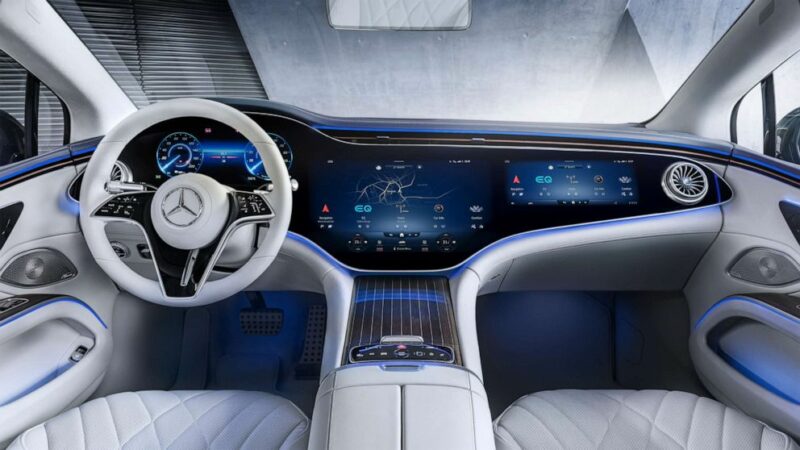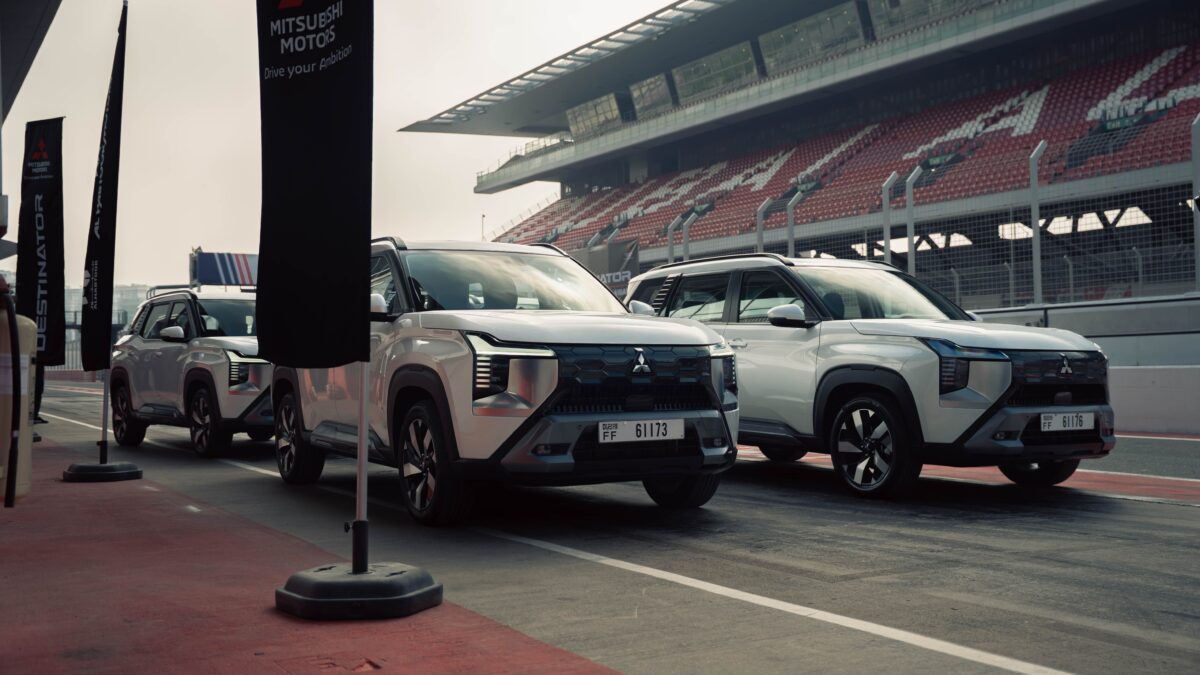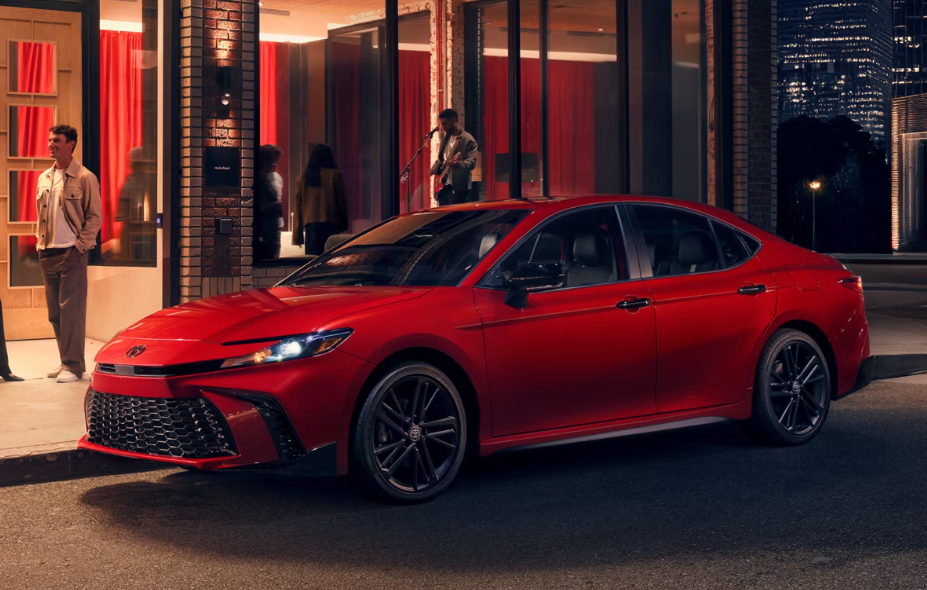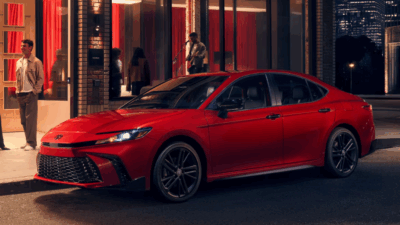
Will Electric Revolution save the Sports Car?
by CarBook
Since their conception, sports cars have been reaching for new heights in performance, tech and design. They are the epitome of automotive excellence. But one thing stood in the way of perfection… petrol.
In recent years, a new power source has emerged; electricity. This new power plant has led to the birth of a new generation of hypercars such as Rimac Concept Two and Bugatti Chiron Super Sport 300+. These cars are pushing the boundaries of performance and redefining what we thought possible… but this is not without sacrifice. More power comes at a higher cost, so can these cars retain their exclusivity when they go electric?
With the success of SUV’s and the proliferation of crossovers, the sports car seems to be on borrowed time. With the continual rise in popularity of aforementioned cars due to their flexibility, modularity and lower production costs, the sports car appears to be a relic of a bygone era.
However, with the recent rise in popularity of electric vehicles (EV) this may not be the case. As EV platforms are largely flexible and modular (meaning that several different types of car can be produced from one platform), as well as being cheaper than traditional combustion engine platforms thanks to economies of scale – it would seem that these same factors that threaten the sports car could also save it.
There is already an example of this with the Porsche Taycan which can drive for up to 450 km on a single charge and accelerate from 0-100km/h in under 3 seconds [1]. This seemingly doesn’t bode well for combustion engine sports cars, but there is evidence that shows that this may not necessarily be true.







